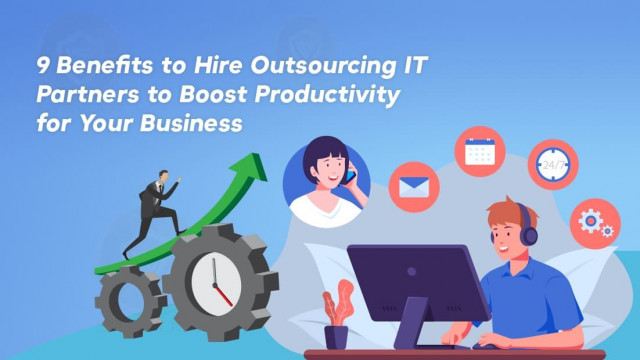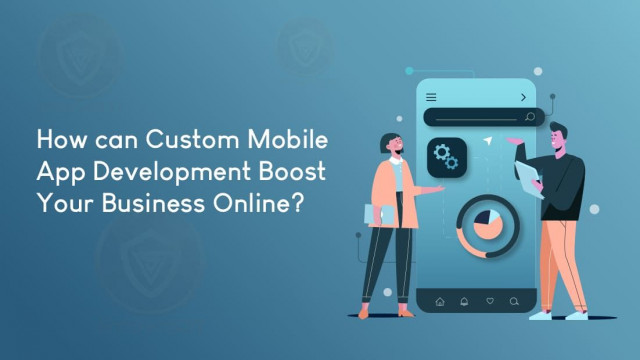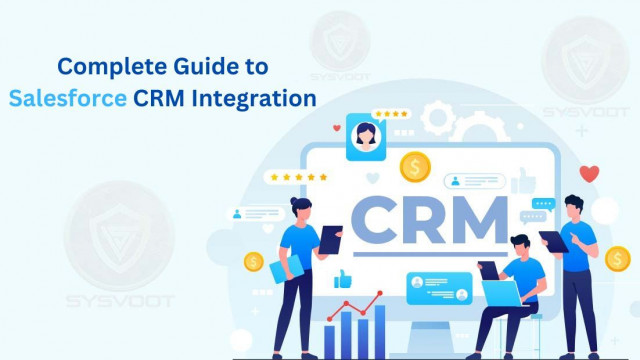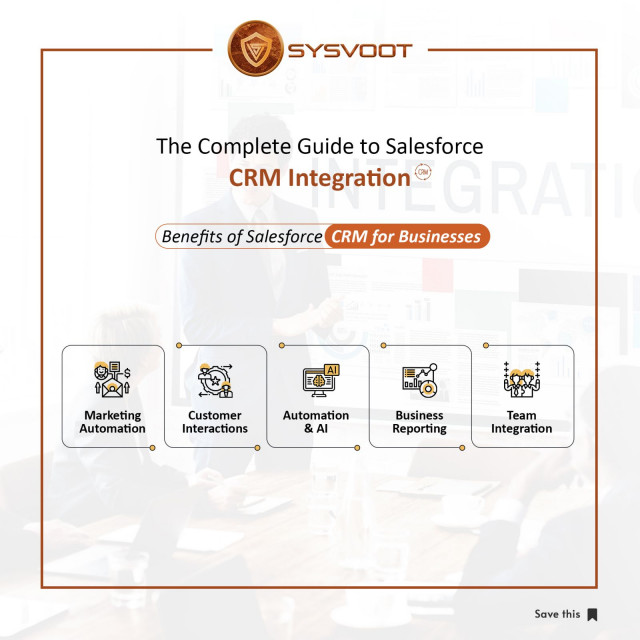If you are struggling with the cost of managing digital marketing efforts, you may want to consider hiring a digital marketing agency. These firms are small and agile, meaning that they are more in tune with the digital landscape than a large corporate agency. They also have the benefit of paying more attention to the success of each client. The smaller the agency, the less red tape it has to deal with, and the more invested the team will be in the client’s project.
Benefits of digital marketing
Digital marketing services provide a cost-effective solution for a variety of marketing needs. They allow even small businesses to compete with larger competitors without spending a large amount of money on initial marketing campaigns. Digital marketing is also flexible and adaptable to your business’s specific marketing goals. Small businesses can reach new customers early in the buying cycle, scale quickly, and measure their ROI throughout the various stages of their operations.
Because digital marketing is highly flexible, it is easier to make changes to your strategy. You can even pause certain campaigns for a while until you see better results. In addition, you can modify your strategy as needed to improve your conversion rates or lead quality. Digital marketing is a proven online marketing strategy that works. So what are the benefits of digital marketing service to improve your business? Let’s look at some of them.
Whether you have a local shop or an online store, digital marketing services can help you reach a large audience. You can increase brand awareness and generate leads with multiple channels such as social media, search engine rankings, email, and company blogs. As a result, digital marketing services can improve your online sales dramatically.
Using digital marketing services can also help you diversify your marketing strategy. In some cases, it can be more expensive to acquire new customers than to keep existing ones. However, a personalized email campaign can help you retain customers and make repeat purchases. It’s also easier to replicate your content across multiple platforms.
Digital marketing services help your business reach a global audience. Through the use of keywords and pay-per-click, you can target a specific audience. This allows you to customize your messages and offer specific products or services to your target audience. You can even target customers based on their demographics to increase the chances of conversions and sales. So, digital marketing services can help your business grow and reach its full potential.
Using digital marketing services also helps you measure the effectiveness of your marketing campaigns. You can track the results of your campaigns in real-time and make improvements based on your results. These services can also help you track your conversion rate, which increases your chances of converting cold traffic into loyal customers.
Need for project management
Marketing campaigns require regular monitoring and analysis. A project management system is an ideal way to track progress and ensure that no aspect is overlooked. It also facilitates real-time updates to stakeholders. It also allows for a collective evaluation of the marketing strategy. This transparency improves communication among team members and improves the quality of the finished product.
When using digital marketing services, it is crucial to implement the right project management tools and processes to make sure that your marketing campaigns are a success. If not, they can be prone to problems such as unclear objectives, missed deadlines, and work overload. A well-designed project management tool will help you avoid these problems and enable your marketing team to work together more efficiently.
The project life cycle of a digital marketing campaign includes various stages, including planning, implementation, and evaluation. The lifecycle concludes with the evaluation phase, which determines whether the project was successful or needs tweaking. If the project is a success, the team can move on to try something new. The goal is to ensure continuous improvement of the marketing efforts.
A good project manager should have the tools necessary to handle multiple projects simultaneously. The right project management software will enable them to view the progress of each project at a glance. It will also help them keep track of team members’ inputs, as well as keep clients informed. This way, they can make informed decisions.
Cost of hiring a digital marketing agency
The cost of hiring a digital marketing agency for your small business can vary greatly depending on the level of experience and expertise of the agency. Most agencies charge a monthly retainer for their services, which can range from $5,000 to $20,000 per month. Getting an instant quote from a marketing agency is an excellent way to gauge their rates.
The biggest benefit of hiring an agency is that you can get expert help in a wide variety of marketing disciplines. This can save you a significant amount of money. A marketing coordinator may be able to handle a few of the most crucial aspects of a marketing campaign, but she probably won’t be able to manage the many other details of a successful campaign. Moreover, she won’t be able to handle all the tasks related to SEO, social media marketing, link building, and email marketing. That’s why hiring a digital marketing agency can be a great choice.
Hiring a marketing agency will increase your business’s visibility online and improve your sales. It’s not cheap, but the more experienced agencies have tried-and-true systems and spend more time talking to their clients. For example, an experienced agency may charge $2,500 per month for social media marketing, and you can sign a six to twelve-month contract with them to continue their services.
The cost of hiring a digital marketing agency is usually high, but it depends on the size of your business, the scope of work, and the location of your company. Some agencies charge hourly, while others charge by the milestone. It is important to understand that the costs of digital marketing vary widely, so it is important to shop around before signing a contract.
A digital marketing agency will need to estimate the time it will take to complete the project. However, it’s best to avoid agencies that quote by the hour, as it is difficult to estimate how long a project will take. Instead, quote based on a project rate, which allows for budget creep. The agency may also offer additional services, such as a blog roll, corporate photography, and social media management.
Read Also
How to Make an Effective Cloud Disaster Recovery Strategy
What is the Difference Between L1 L2 And L3 Technical Support
How to Choose Managed IT Service Provider
Why do You Need to Hire CRM Consulting Firm
The Complete Guide to Salesforce CRM Integration
9 Benefits to Hire Outsourcing IT Partners to Boost Your Business
Salesforce VS Zendesk: Which CRM is Best for Your Business










